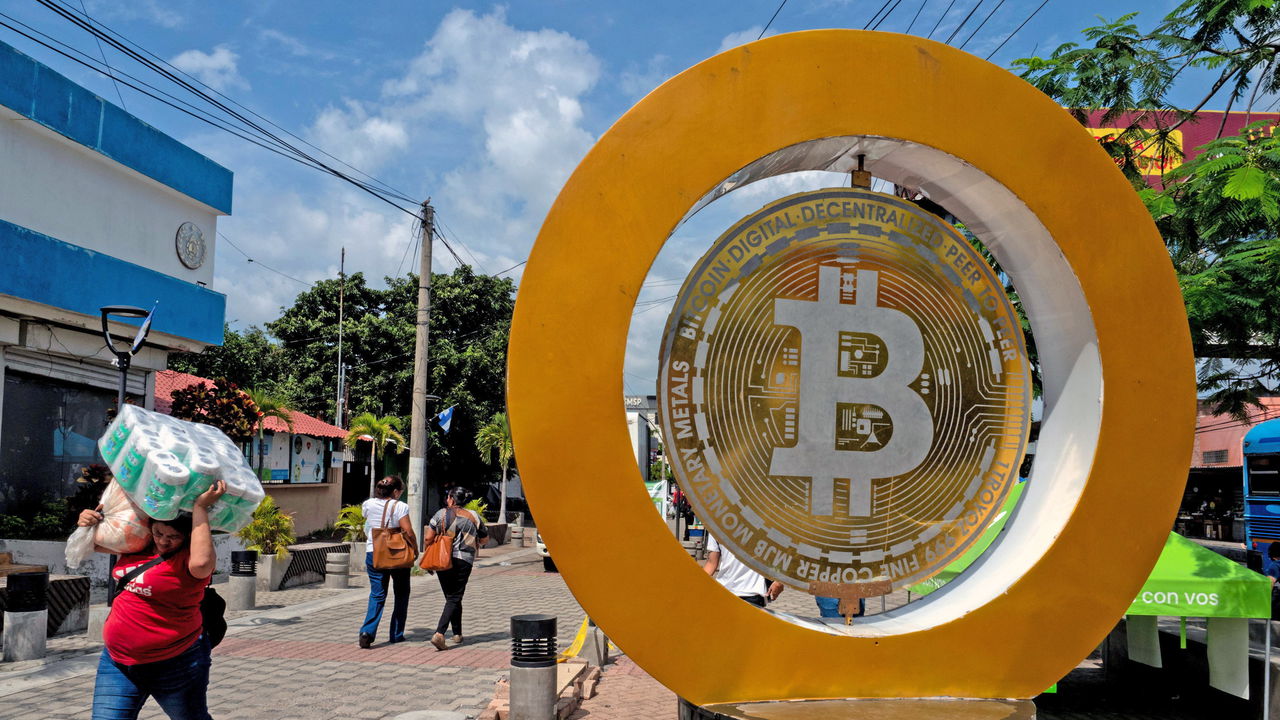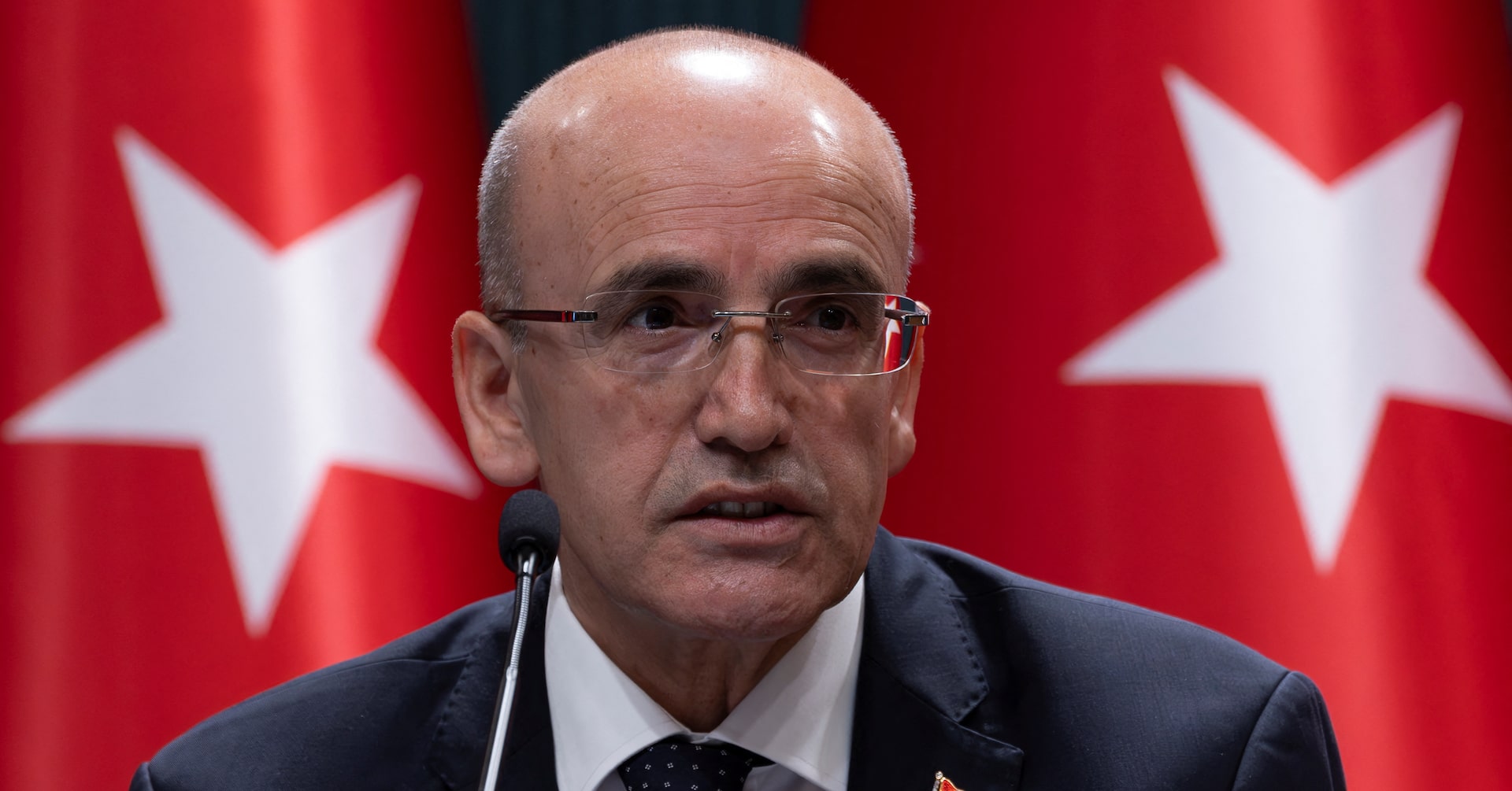Bitcoin's Bitter Lesson: How El Salvador's Crypto Gamble Crashed and Burned

The Economic Trade-Off: Accepting IMF Reforms for Financial Stability
When a country faces severe economic challenges, sometimes the path to recovery requires making difficult choices. The International Monetary Fund's (IMF) bailout package represents such a critical crossroads, where short-term sacrifices can pave the way for long-term economic renewal.
While the curtailment of certain economic freedoms might seem painful, it is often a necessary step towards financial rehabilitation. The IMF's stringent conditions are not designed to punish, but to restructure and strengthen a nation's economic foundations. By implementing disciplined fiscal policies and structural reforms, countries can rebuild investor confidence and create a more sustainable economic framework.
These reforms, though challenging, offer a lifeline to struggling economies. They provide a structured approach to addressing systemic financial weaknesses, reducing debt, and creating a more resilient economic environment. The temporary discomfort of adjustment is a small price to pay for the potential of future economic stability and growth.
Ultimately, accepting IMF conditions is not a sign of weakness, but a strategic decision to reset and revitalize a nation's economic trajectory. It demonstrates a commitment to responsible financial management and a willingness to make tough choices for long-term prosperity.








